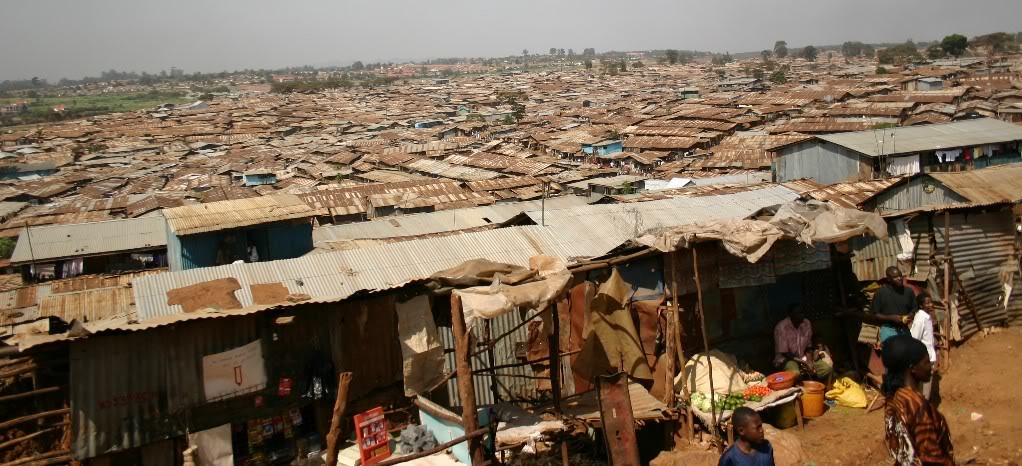In 1996, while I was a teaching at the University of Cape Town, I was invited by the Truth and Reconciliation Commission to be an in-house critic at a town hall they had organised.
A member of the largely black African audience told this story: “Tom and John were neighbours. One day Tom stole John’s bicycle. They did not speak for years until the day Tom extended his hand to John and said, “Let us reconcile.”
“What about my bicycle?” asked John.
“Forget the bicycle,” said Tom. “Let it not stand between us.”
John’s question has now turned into a growing social movement. For the second time in a half century, South Africa is in the throes of a country-wide mobilisation of transformative potential. Much like the first, which swept away apartheid’s legacy of racialised citizenship, this moment is spearheaded by student and labour movements, focusing on the land question as the way to address the social legacy of apartheid.
If building a common polity was the promise of the new South Africa, its challenge was the realisation of social justice for the vast majority of the country, one which had been forcibly excluded from the common journey until only yesterday. South Africa’s president Cyril Ramaphosa of the African National Congress (ANC), who was re-elected in May, conveyed his awareness of the challenge during his inauguration speech, saying that South Africa “can no longer abide by the grave disparities of wealth and opportunity that have defined our past and which threaten to imperil our future.”
The ANC won the May elections, but with the lowest share of votes since the end of the apartheid in 1994, a stark illustration of its continued failure to address these disparities. Led by Julius Malema, The Economic Freedom Fighters party were the beneficiaries, with their push for the nationalisation of land, banks and mineral rights.
South African apartheid borrowed key institutions from its North American predecessor. The Natives Land Act of 1913 appropriated 87 per cent of all arable land for the whites and left a mere 13 per cent for the black majority who were herded into separate ethnic homelands. T
he American “reservation” became the South African “reserve” whose native inhabitants were governed by an ethnically coded patriarchal “customary” law enforced by State-appointed “traditional chiefs”. After 1913, in rural reserves, black people were deprived of the right to buy or sell land; they could only occupy and use land with the consent of a government-appointed traditional chief. In 1923, black people in urban areas were deprived of freehold property rights.
When the Afrikaaner party won the Whites-only elections in 1948, it introduced formal apartheid and it implemented a comprehensive programme for the restoration of fully autonomous tribal authorities, charged with disciplining and containing black labour in rural areas. The reserves became Bantustans.
At the end of apartheid in 1994, 60,000 white farmers held 86 per cent of all farmland. Thirteen million blacks, many of whose forebears had been dispossessed in 1913, held the remaining 14 per cent, much of it poor-quality land.
Source: monitor





